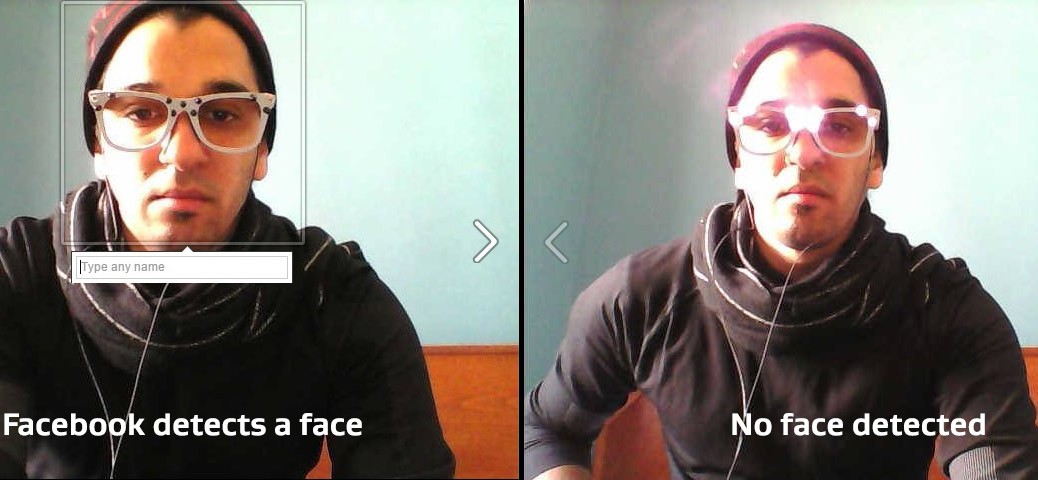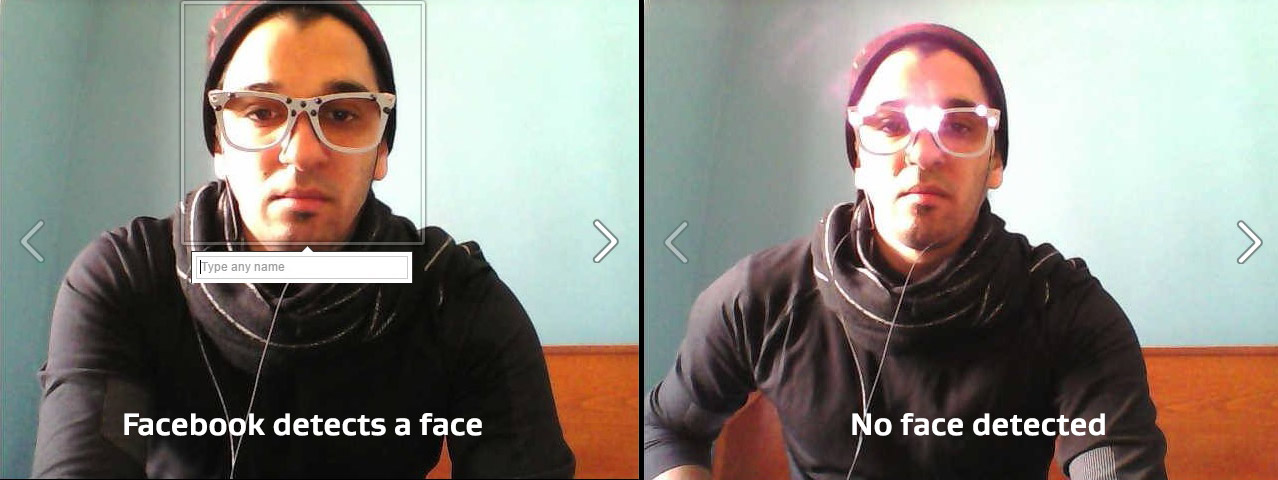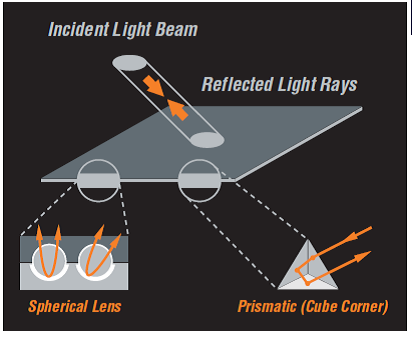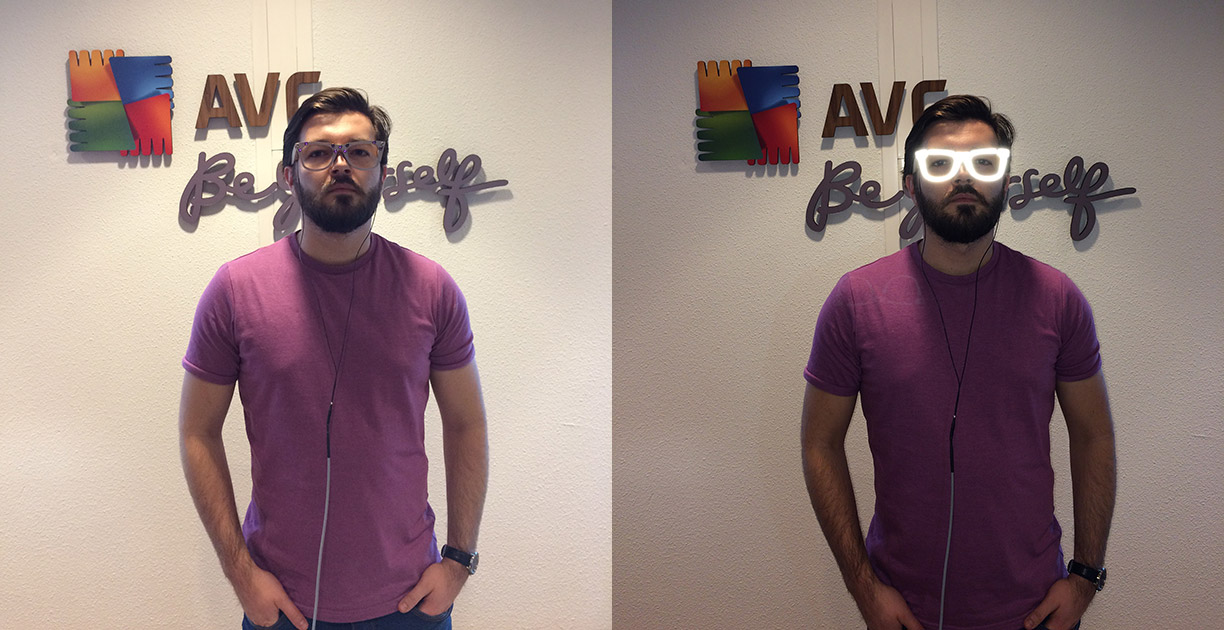AMSTERDAM and SAN FRANCISCO – February 24, 2015 – AVG Technologies N.V. (NYSE: AVG), the online security company™ for 197 million active users, today announced that company CEO, Gary Kovacs, will deliver a keynote address on digital rights at Mobile World Congress 2015 in Barcelona, Spain.
By 2020, most of the global population will be connected to the Internet. These estimates suggest that two billion people will come online in the next few years. As we increasingly live our lives online, what we often hear is that privacy is not a social norm or even a realistic expectation anymore. AVG believes that people should not have to give up their personal rights and freedom in the Digital Age. Moreover, AVG believes that businesses can gain a strong competitive advantage by protecting people’s privacy.
To prompt a serious debate on data protection, privacy, and the economy of the Internet at Mobile World Congress, Mr. Kovacs will call on the mobile industry to work together to frame the rights of both consumers and businesses in a connected world.
“The unprecedented surge of cybercrime in the last few years has made cyber security a multi-billion-dollar industry, not to mention a matter of national security. We have developed, and continue to develop, products that help protect all kinds of devices and data from external and internal threats. However, what the tech industry often overlooks is that it is the users, everyday people, who ultimately need to be protected. Neglecting their rights for any reason is not an option,” said Mr. Kovacs.
Mr. Kovacs will also discuss the ways in which consumers are taking back control of their privacy in the digital age, along with how businesses can also benefit from this trend. “Recent consumer studies clearly show that by violating users’ privacy in more and more ways, companies are undermining their trust. As a result, the penetration and adoption of new technologies face significant barriers – from hardware to software to services,” said Mr. Kovacs. “We are witnessing the most amazing technological revolution in the history of mankind, but it has brought us to the point where we also need a ‘revolution of trust’. My mission at the Mobile World Congress this year is to send a wake-up call to the industry on this topic.
We have to enable this revolution through three main avenues: by providing people with more powerful, simple and integrated security tools; by committing to transparency and responsibility in the way we work with users’ data; and by educating users on how to keep themselves and their families safe in the digital world, to make them smart users of smart devices.
We must change the dismissive attitude many companies have towards user privacy rights on the Internet and pledge to provide a basic level of security and privacy to everyone in the world. Trust is the only foundation through which we can offer new services and products, and further support the development of societal frameworks for services like e-Government and m-Health.”
The keynote address will take place on March 4 at 9:15am as part of the Keynote session 5, “The New Mobile Identity”. Other speakers present for the session will include: Brian M. Krzanich, CEO of Intel Corporation; Patrick Gelsinger, CEO of VMWare; Dr. Hans Wijayasuriya, Group CEO of Dialog Axiata PLC; and Siret Schutting, MD of e-Estonia.
About Gary Kovacs, CEO AVG Technologies
For more than 25 years, Gary Kovacs has held leadership positions at a number of technology companies, including IBM, Sybase, Adobe, and Zi Corporation. Prior to joining AVG in July 2013, he was the CEO of Mozilla Corporation. He has been a passionate advocate of digital rights and online privacy throughout his long career.
In recent years, he has developed and launched a number of projects that help people protect themselves and their families from cyber threats, and that help them take better control their digital identities overall. Fierce Wireless named Kovacs one of the Rising Stars in Wireless for 2013, which recognized the mobile innovation and privacy initiatives that he drove during his tenure as CEO of Mozilla.
He is a frequent public speaker and panel member. His 2012 TED talk, “Tracking the Trackers,” explored issues of Internet privacy in an increasingly connected world. At the World Economic Forum Annual Meeting of the New Champions in 2012, he presented strategies for creating a resilient cyber economy amid economic, security, and privacy obstacles. He was a keynote speaker at the Mobile World Congress 2013. In December 2014, he addressed EU policy officials at the GSMA Mobile 360 event in Brussels where he shared his view that the industry has a responsibility to help educate new users on the matters of staying safe and protecting their privacy online.
About AVG Technologies (NYSE: AVG)
AVG is the online security company providing leading software and services to secure devices, data and people. Over 197 million active users, as of December 31, 2014, use AVG´s products and services. AVG’s Consumer portfolio includes internet security, performance optimization, and personal privacy and identity protection for mobile devices and desktops. The AVG Business portfolio – delivered by managed service providers, VARs and resellers – offers IT administration, control and reporting, integrated security, and mobile device management that simplify and protect businesses.
All trademarks are the property of their respective owners.
www.avg.com
Contacts:
US
Katie Han
Waggener Edstrom for AVG
[email protected]
+ 1 (212) 551 4807
UK
Samantha Woodman
Waggener Edstrom for AVG
[email protected]
+ 44 (0)20 7632 3840





